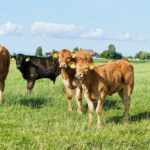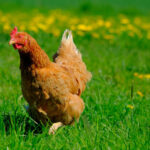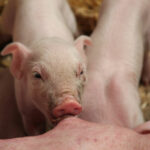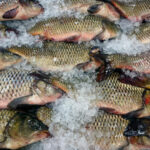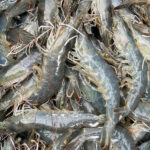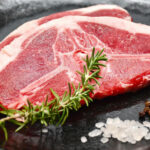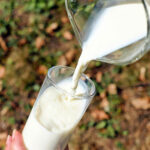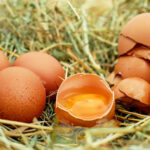Plant extracts for animal health
NPP, Natural Polyphenols
to improve animal performance
NPP, Natural Polyphenols to improve animal performance
- the health and well-being of the animal during breeding … and also the health of the end consumer
- the quality of the finished products: meat, milk, eggs…
- beneficial effects for the environment
This natural ingredient is an effective and profitable concentrated mixture of polyphenols (plant extract) used for several years by feed manufacturers and among dairy cattle, meat cattle, pigs, poultry, fish etc.
NPP brings its beneficial effects to all links in the sector: for the breeder, the animal and the environment, for the processor and the distributor and of course for the end consumer.
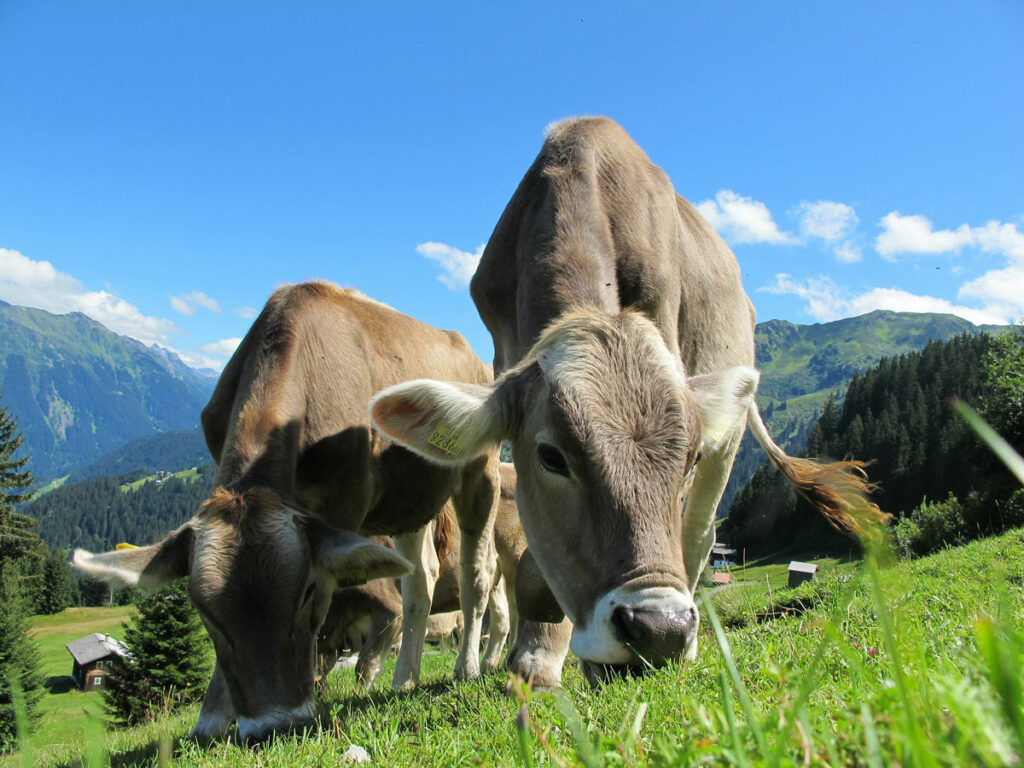
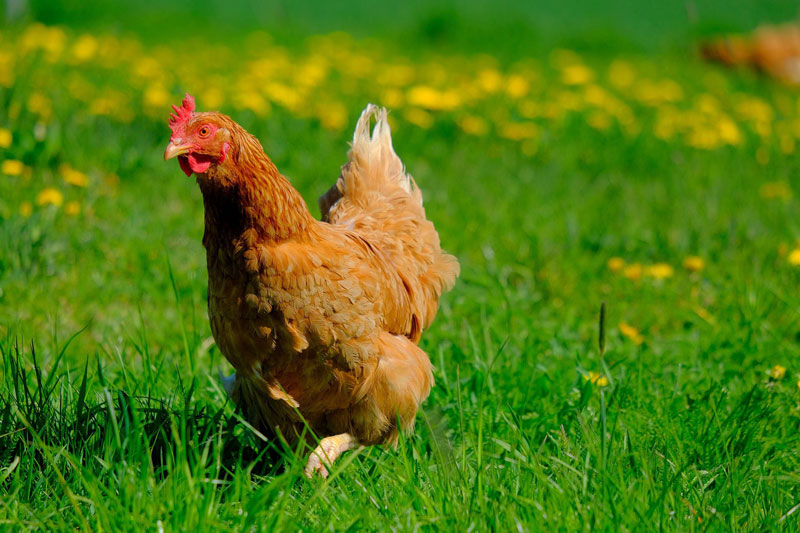
NPP is a concentrated blend of Natural PolyPhenols.
It is a natural plant extract that is used as a raw material added to the feed ration of animals.
The main interest of this mixture of polyphenols (with strong antioxidant power) is its richness which (as for a mixture of several vitamins) allows a wide spectrum of actions.
These natural molecules have the following properties: antioxidant, anti-inflammatory, boosts immunity, antimicrobial action, myco-toxin sensor.
NPP helps the animal to strengthen its immunity and to defend itself against stress and multiple aggressions: digestive, pulmonary and parasitic. It has effects on the animal’s health and also on its performance (meat, milk, eggs, etc.).
The supply of natural polyphenols (NPP) in animal feed
(cattle, pigs, poultry, fish, etc.) provides effects:
At the breeding level:
- strengthens animal health against a broad spectrum of aggressions: fewer illnesses, fewer deaths
- limits diseases and therefore reduces the consumption of care products (antibiotics, etc.) and improves animal well-being,
- improves immunity and resistance to stresses such as temperature, birth stress: better recovery of the mother and better start of lactation, better quality of colostrum and therefore better start for the young, improvement of reproduction (fertility),…
- improves zootechnical performance: conversion index, growth, batch homogeneity, etc.
- saves money by reducing the doses of vitamins A, D, E, C and carotenoid pigments
- reduces greenhouse gas emissions (CO2, methane) and reduces odors (ammonia), dry litter
In terms of the finished product (milk, meat, eggs, etc.):
- improves meat quality: slaughterhouse yield, less water loss (bleeding and cooking), color, shelf life, quality of omega 3 and 6 fat, less oxidation of Tbar lipids, taste, marbled fat, etc.
- improves the quality of the milk: fewer cells, more TB and TP, high in antioxidants, etc.
- reinforces the color of eggs and fish flesh: allows savings by reducing the doses of carotenoid pigments and the duration of rearing
- enriched with natural antioxidants beneficial to consumer health (immunity)
Added to a few kg per ton of feed and for a limited period, NPP is effective and economical.
The instructions for using NPP (dose, duration, time, etc.) naturally depend on the objectives that have been set. But its return on investment is still very positive.
Concrete examples :
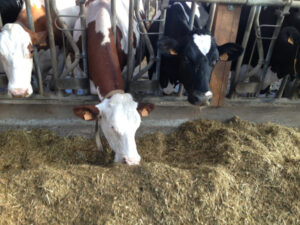 To give an order of magnitude, with an average dose for fattening pigs (about 1€/pig), we obtain meat with less water loss, a reduction in lipid oxidation (= better conservation) , more juiciness, and during breeding less ammonia rejection and less animal stress, etc.
To give an order of magnitude, with an average dose for fattening pigs (about 1€/pig), we obtain meat with less water loss, a reduction in lipid oxidation (= better conservation) , more juiciness, and during breeding less ammonia rejection and less animal stress, etc.
With less than 1€/sow around farrowing (before farrowing and during suckling of the piglets), we have more colostrum and better quality (IgG), better recovery of the mother, better health and less piglet mortality, a decrease in zinc oxide for piglets, less diarrhoea, etc.
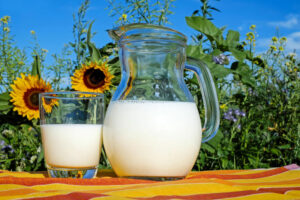 With an average dose for a dairy cow in production (i.e. a cost of approximately €3/cow/month), there will be effects on milk production in quantity and quality (increase in GT and GT and fewer cells ). And in breeding, there will also be positive effects on the overall state of health of the animal (fertility, etc.) and a reduction in CO2 emissions (-30% greenhouse gas).
With an average dose for a dairy cow in production (i.e. a cost of approximately €3/cow/month), there will be effects on milk production in quantity and quality (increase in GT and GT and fewer cells ). And in breeding, there will also be positive effects on the overall state of health of the animal (fertility, etc.) and a reduction in CO2 emissions (-30% greenhouse gas).
With an average dose for a fattening cattle for 4 months (i.e. a cost of approximately €20/cattle), there will be effects on the final weight, the slaughterhouse yield and also the color and conservation of the meat. And in breeding, there will also be positive effects on the overall state of health of the animal and a reduction in CO2 emissions (-30% greenhouse gas).
